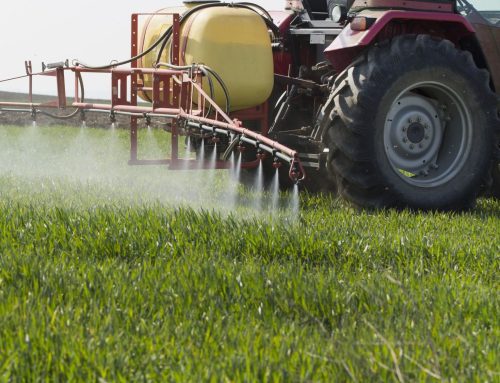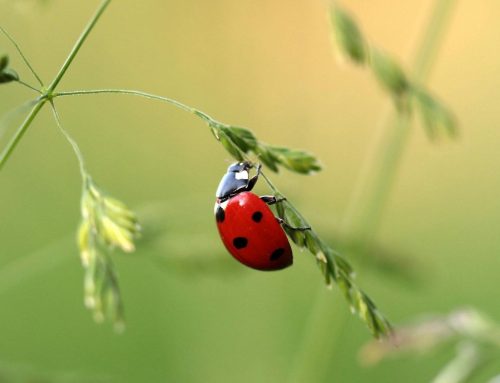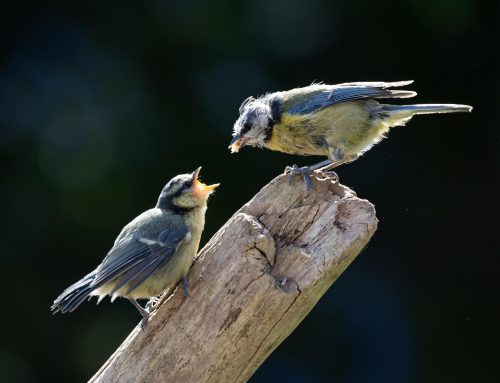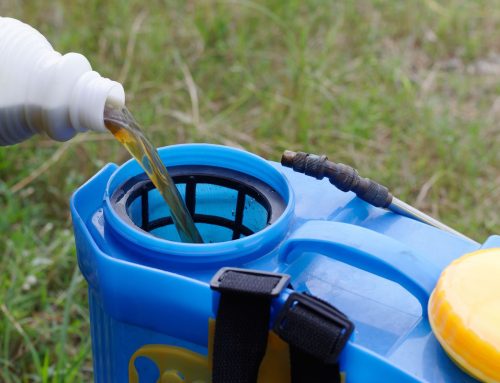Climate change is the defining issue of our time. Food and agriculture play a major role.
This week, the international community is convening in Baku, Azerbaijan, for the 29th Conference of the Parties (COP29) to the UN Framework Convention on Climate Change (UNFCCC). As extreme weather events threaten lives and economies worldwide, we urge world leaders to honour their commitments with swift and meaningful action.
Producing and distributing pesticides generates significant emissions and harms the microorganisms that enable soils to sequester carbon. Agriculture and food generate one third of global greenhouse gas emissions. These sectors must play a central role in addressing both the causes of climate change and reducing its impact on food production.

Producing and distributing pesticides generates significant emissions and harms the microorganisms that enable soils to sequester carbon. Credit: Zhak Yaroslav/Shutterstock.com
Agriculture and food systems are on the table in Baku, following the adoption of the COP28 UAE Declaration on Sustainable Agriculture, Resilient Food Systems and Climate Action by 160 countries. The countries committed to integrate reforms to farming and food systems into their national adaptation and mitigation plans by 2025.
Our new briefing – Cultivating Coherent Climate Action – points out to countries that meeting their commitments on biodiversity and chemical pollution will help them to meet their climate commitments, too.
The briefing highlights the global commitment to phase out Highly Hazardous Pesticides (HHPs) in agriculture and increase support for agroecological farming systems under the Global Framework on Chemicals (GFC), adopted in 2023. Also, countries that are signed up to the Convention on Biological Diversity have committed to reduce the risk of pesticides to biodiversity by at least half by 2030 and to deliver a ‘substantial increase’ in the application of sustainable farming systems such as agroecology.
Including these commitments on pesticides and agroecology in national climate plans is common sense.
Most countries agree.
Let’s hope they deliver.





